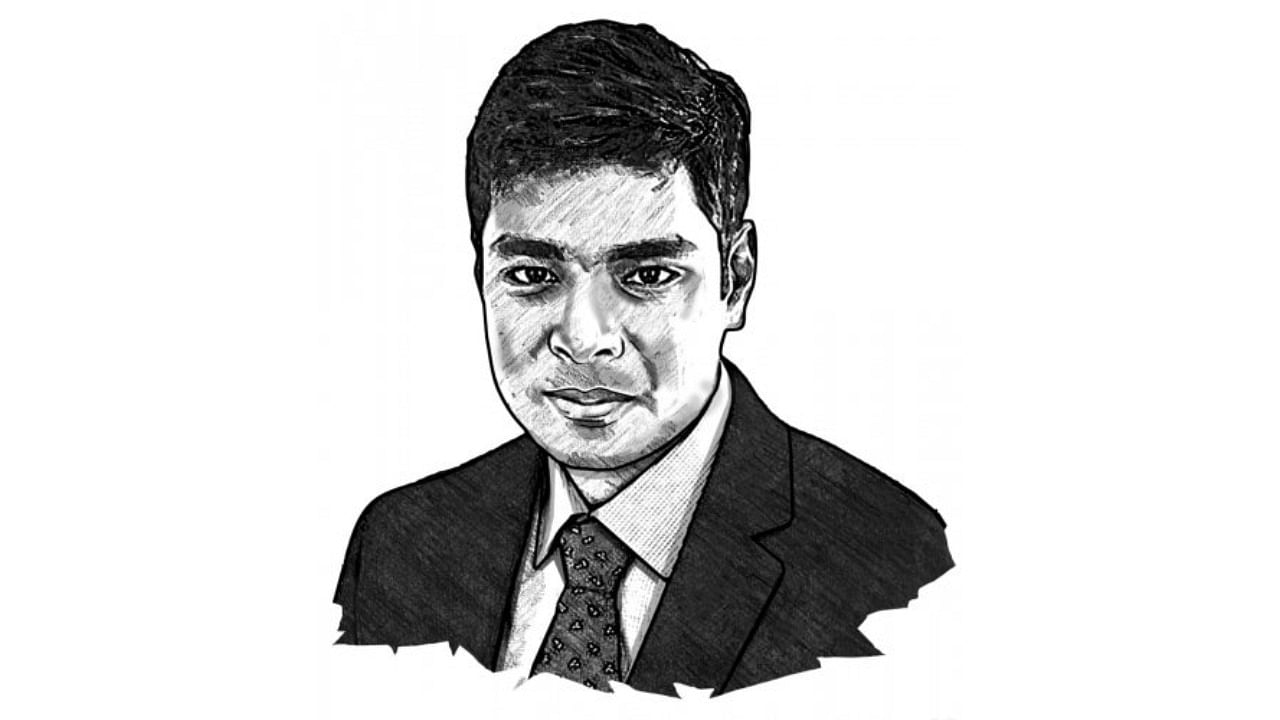
On two consecutive Fridays this month, Prime Minister Narendra Modi met with both the ‘hound’ and the ‘hare’ of international politics.
Last Friday, Modi held a virtual summit with the eight-member Shanghai Cooperation Organisation (SCO) led by China and Russia. This past Friday, he joined leaders of the Quad in Washington – the coalition consisting of India, Japan, Australia and the United States.
The two groups are obviously rivals. Whatever India might say, the very purpose of the Quad is to contain and shackle China. And the SCO is China and Russia’s answer to US hegemony.
The two groups also stand for very different things: Unlike the Quad, many SCO countries are partners of the Taliban, including China, Pakistan and Iran (which is an observer at the SCO). Additionally, the Quad talks about promoting values of democracy, international law and freedom of navigation in the Indian Ocean and the South China Sea. Russia and China are allergic to democracy, and for all practical purposes, promote a ‘might is right’ approach to international politics.
So, what exactly is India doing, having lunch with one group and dinner with the other?
Being part of competing and contradictory multilateral coalitions is not necessarily a bad thing by itself. The problem arises when you sit with each of them without a coherent policy objective – or, at the very least, a clear idea of why you’re even there in the first place.
If India thinks that its values and interests are better aligned with China and Russia, for instance, it can use its membership in the Quad to promote those values – and negotiate in favour of those interests – among its rivals there (or vice versa).
But whether India has any such clarity is highly questionable. For the most part, as I argued in my last book, India appears to be ‘flying blind’. It has been calling for action against Pakistan on terrorism while conducting counter-terrorism military exercises at the SCO (of which Pakistan is a member). It has been publicly worried about the “threat from China” while being shy about any military alliances that might help correct its immense power differential with China.
The greatest risk of being part of rival groups without a clearly articulated policy is that India is liable to lose trust and influence on both sides. Influence is gained by a rising power when it credibly represents – and fulfils – the core interests of various nations, communities, or people. In the absence of such credibility, a rising power will fail to build strategic influence in other countries or secure their cooperation on issues of national interest.
With that in mind, think about what happens if a country takes part in military exercises with both sides involved in a dispute: Neither side can trust that country any longer. At best, that country is no more influential than a bystander in a street fight; at worst, it is seen by both sides as an unreliable partner – a risk of sabotage.
With the Asia-Pacific region heating up with every passing year, India needs to prepare for itself a longer-term strategy, which secures India’s interests during a possible military conflict between the world’s major powers.
Time will tell if New Delhi already has some secret grand plan for world peace, of which its ‘non-alignment’ (or ‘multi-alignment’, per the new lexicon) strategy is a crucial piece. But if you put your feet in two different boats – each trying to move in the opposite direction at the same time – you’re likely to get thrown overboard by both boats at some point. Prepare a life vest, just in case.